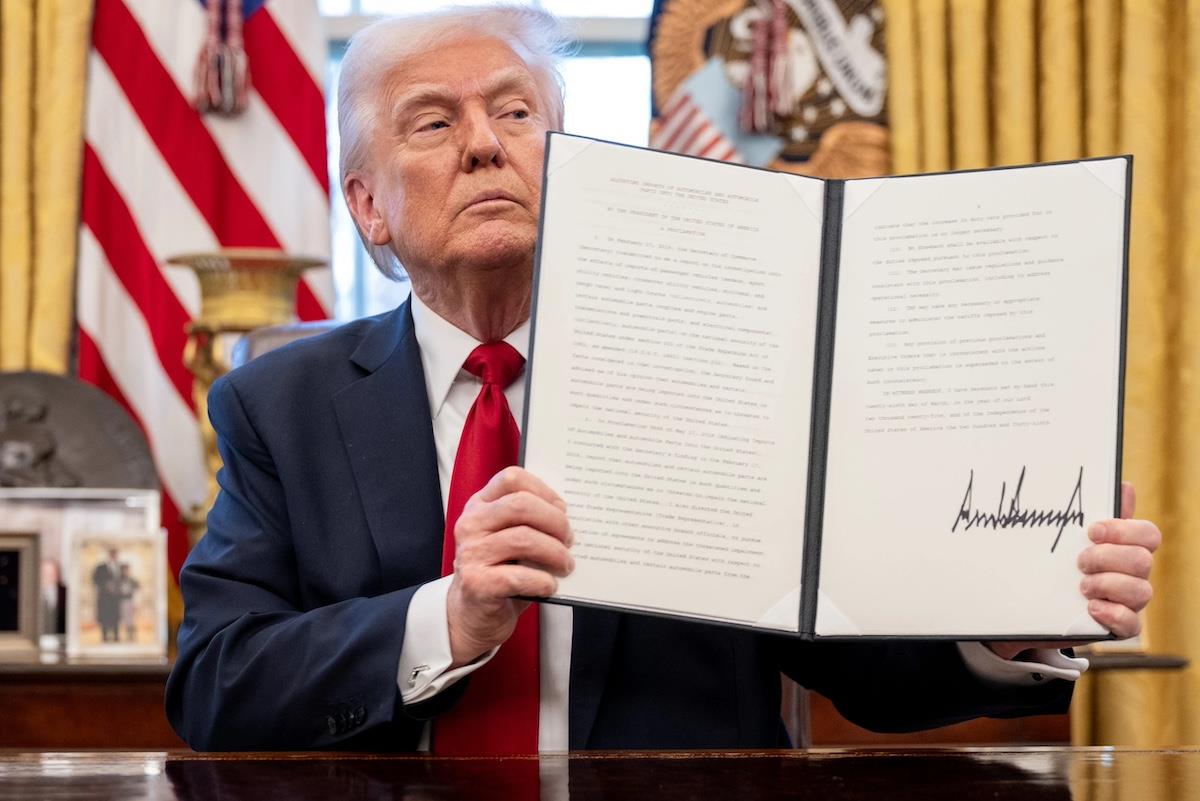
The Mounting Case Against Donald Trump's Tariffs
The first reason is that a US trade deficit should not necessarily be seen as a negative economic outcome. Trump certainly thinks it is. As he reportedly told Karin Keller-Sutter, president of Switzerland, earlier this year:“We have a US$41 billion deficit with you, madam....[and] we lose, because I view deficit as [a] loss.”
A trade deficit only means that one country buys more goods and services from another country than it sells to it. As a result, more money flows out of the country, to pay for the imports, than comes into the country, as a payment for exports.
Money flowing out of the country may sound bad, but for every dollar that the US spends abroad there is something else coming in: the goods and services it buys, which Americans get to consume. A“trade deficit” could very well be renamed a“surplus in goods and services consumed” – a positive outcome, reflecting the expressed preferences of the American public.
The second reason is that tariffs change what the economy produces – for the worse.
Tariffs are eventually passed on to consumers, making imported goods and services dearer. Trump's hope is that making, say, Swiss watches more expensive will shift demand towards US-made watches, whose price remains the same. The US's watchmaking industry would grow and employ more people, which sounds like a solid gain for the US economy.

Legal Disclaimer:
MENAFN provides the
information “as is” without warranty of any kind. We do not accept
any responsibility or liability for the accuracy, content, images,
videos, licenses, completeness, legality, or reliability of the information
contained in this article. If you have any complaints or copyright
issues related to this article, kindly contact the provider above.























Comments
No comment